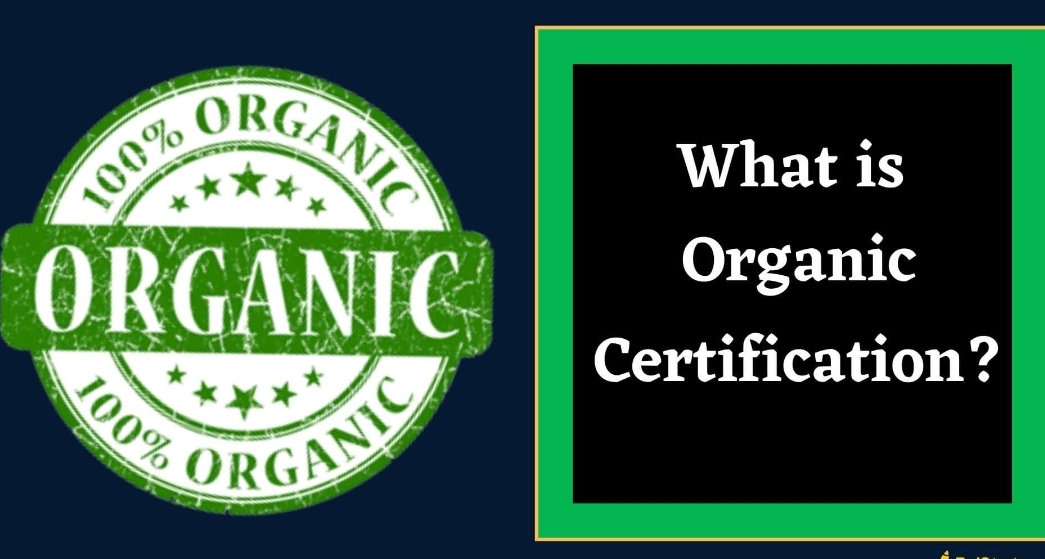Organic farming certification is a process that verifies a farm’s adherence to organic farming standards, ensuring the production of high-quality, chemical-free products. This certification is crucial for farmers who want to tap into the growing demand for organic produce, enhance their market access, and increase their income. In this article, we’ll provide a comprehensive guide to organic farming certification, covering the benefits, process, and requirements.
What is Organic Farming Certification?
Organic farming certification is a third-party verification process that ensures a farm’s production methods meet specific standards for organic farming. These standards typically include the use of natural farming practices, avoidance of synthetic fertilizers and pesticides, and conservation of biodiversity. Certification bodies, accredited by national or international authorities, conduct inspections and audits to verify compliance with these standards.
Benefits of Organic Farming Certification
- Market Access: Organic certification provides access to premium markets, both domestic and international, where consumers are willing to pay higher prices for organic products.
- Increased Income: Certified organic farms can command higher prices for their products, leading to increased income for farmers.
- Environmental Benefits: Organic farming practices promote soil health, biodiversity, and efficient water use, contributing to a more sustainable environment.
- Improved Food Safety: Organic farming reduces the risk of chemical contamination, ensuring safer food for consumers.
- Enhanced Brand Reputation: Organic certification demonstrates a commitment to sustainable and responsible farming practices, enhancing a farm’s brand reputation.
The Organic Farming Certification Process
- Application: Farmers submit an application to a certification body, providing detailed information about their farm, including production methods, inputs, and management practices.
- Inspection: A certification inspector visits the farm to verify compliance with organic standards, reviewing records, observing farming practices, and collecting samples.
- Review and Verification: The certification body reviews the inspection report, verifies compliance, and may request additional information or corrective actions.
- Certification: If the farm meets the organic standards, the certification body issues a certificate, valid for a specified period (usually 1-3 years).
- Annual Inspections: Certified farms undergo annual inspections to maintain certification and ensure continued compliance.
Requirements for Organic Farming Certification
- Organic Farming Practices: Farms must adopt organic farming practices, including crop rotation, composting, and integrated pest management.
- Record Keeping: Farmers must maintain detailed records of farming practices, inputs, and sales.
- Buffer Zones: Farms must establish buffer zones to prevent contamination from neighboring non-organic farms.
- Soil Testing: Regular soil testing is required to monitor soil health and nutrient levels.
- Pest and Disease Management: Farms must use organic methods for pest and disease management, such as biological control and cultural practices.
Challenges and Opportunities
- Initial Costs: The certification process can be costly, especially for small-scale farmers.
- Transition Period: Farms may need to undergo a transition period, during which they must adopt organic practices and wait for certification.
- Market Fluctuations: Organic markets can be volatile, and prices may fluctuate.
- Growing Demand: The demand for organic products is growing, providing opportunities for certified farmers to access new markets and increase their income.
Conclusion
Organic farming certification is a valuable tool for farmers who want to tap into the growing demand for organic produce, enhance their market access, and increase their income. By understanding the certification process, requirements, and benefits, farmers can make informed decisions about pursuing organic certification. With the right support and resources, organic farming certification can be a key to unlocking new opportunities and achieving sustainable agricultural practices.

